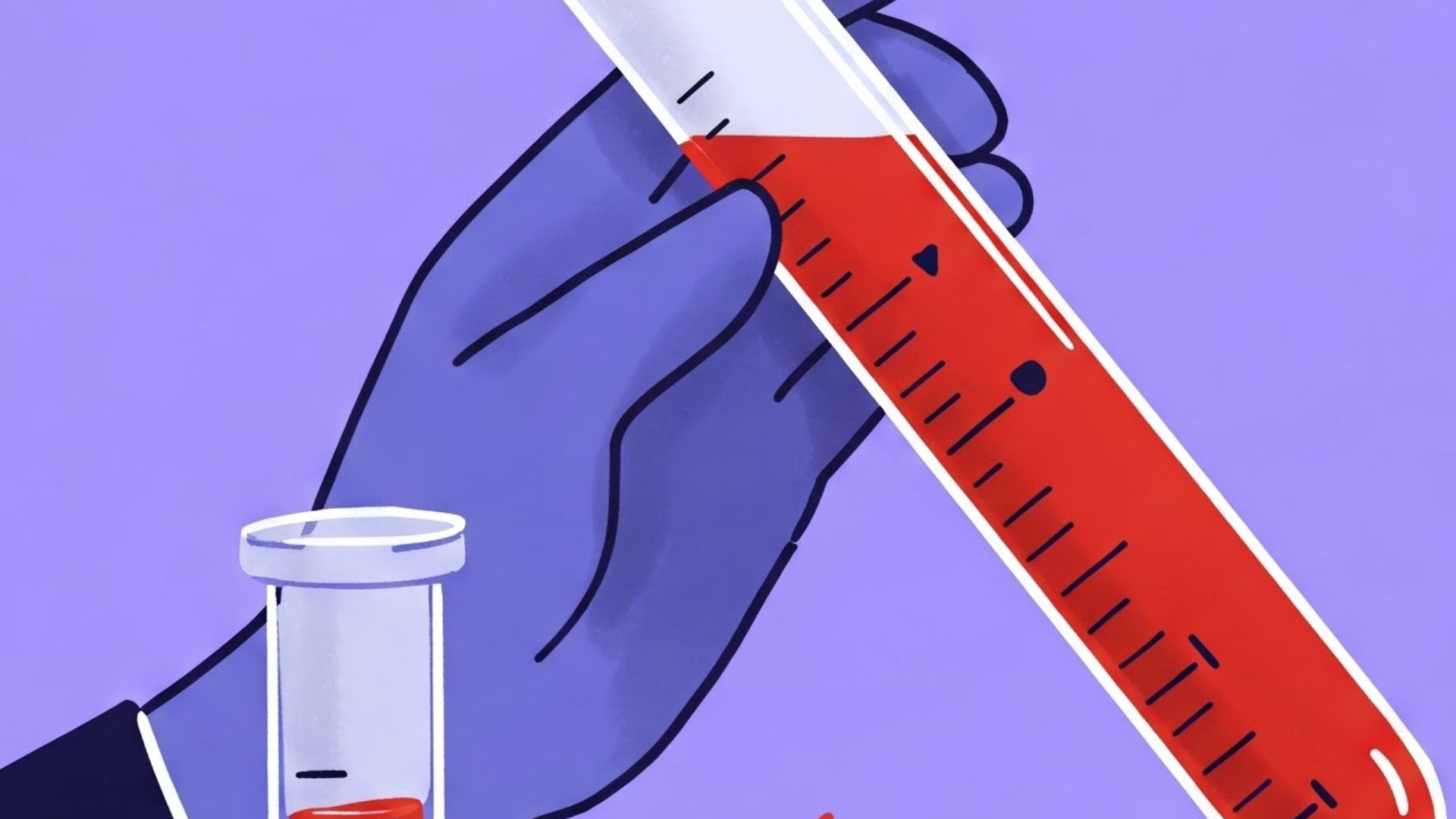What Is Tinnitus? Causes and Treatment
Published on 02/22/2025 · 4 min readTinnitus is a perception of noise or ringing in the ears or head when there is no external source of sound.
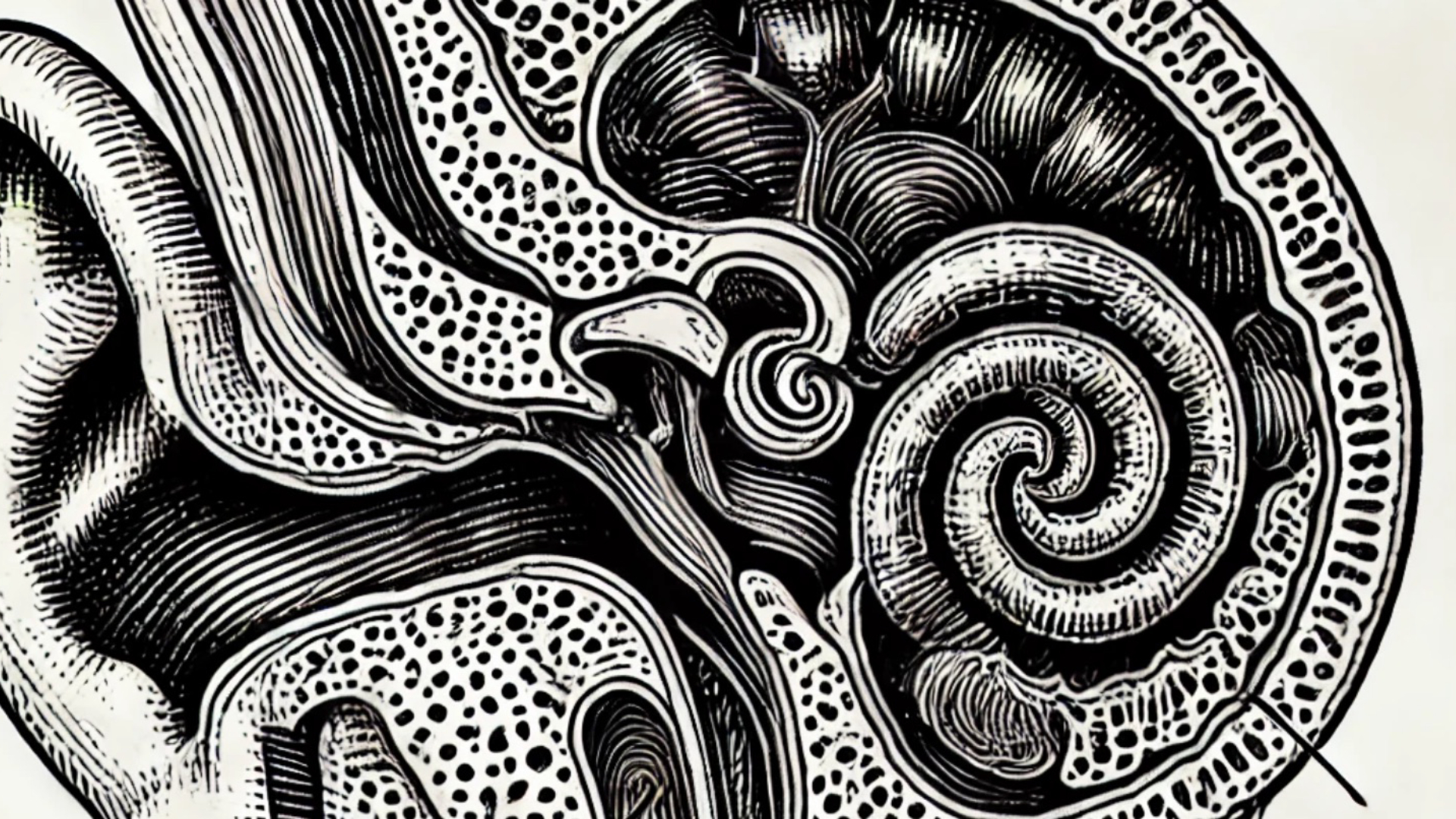
Causes:
Tinnitus can be caused by a variety of factors, including:
- Hearing loss: This is the most common cause, especially age-related hearing loss.
- Ear infections: Tinnitus can be a symptom of ear infections, such as otitis media.
- Noise exposure: Prolonged exposure to loud noises can damage the hair cells in the inner ear, leading to tinnitus.
- Meniere's disease: This inner ear disorder can cause tinnitus, vertigo, and hearing loss.
- Blood vessel problems: Tinnitus can be caused by blood flow problems in the inner ear.
- Medications: Some medications, such as aspirin and certain antibiotics, can cause tinnitus as a side effect.
Symptoms:
Tinnitus can vary in severity and duration. Common symptoms include:
- Ringing, buzzing, hissing, or clicking sounds
- Sounds that may be constant or intermittent
- Sounds that are perceived in one or both ears
- Difficulty concentrating or sleeping
Diagnosis:
To diagnose tinnitus, a doctor will typically perform a physical exam and ask about your medical history. They may also order hearing tests and imaging studies to rule out any underlying medical conditions.
Treatment:
There is no cure for tinnitus, but there are treatments that can help manage the symptoms:
- Sound therapy: This involves using white noise or other sounds to mask the tinnitus.
- Hearing aids: Hearing aids can amplify external sounds, which can help reduce the perception of tinnitus.
- Medications: Some medications, such as antidepressants or anticonvulsants, can help reduce the severity of tinnitus.
- Lifestyle changes: Avoiding loud noises, getting enough sleep, and managing stress can help improve tinnitus symptoms.
- Cognitive behavioral therapy: This type of therapy can help you cope with the psychological effects of tinnitus.
Shop related blood tests
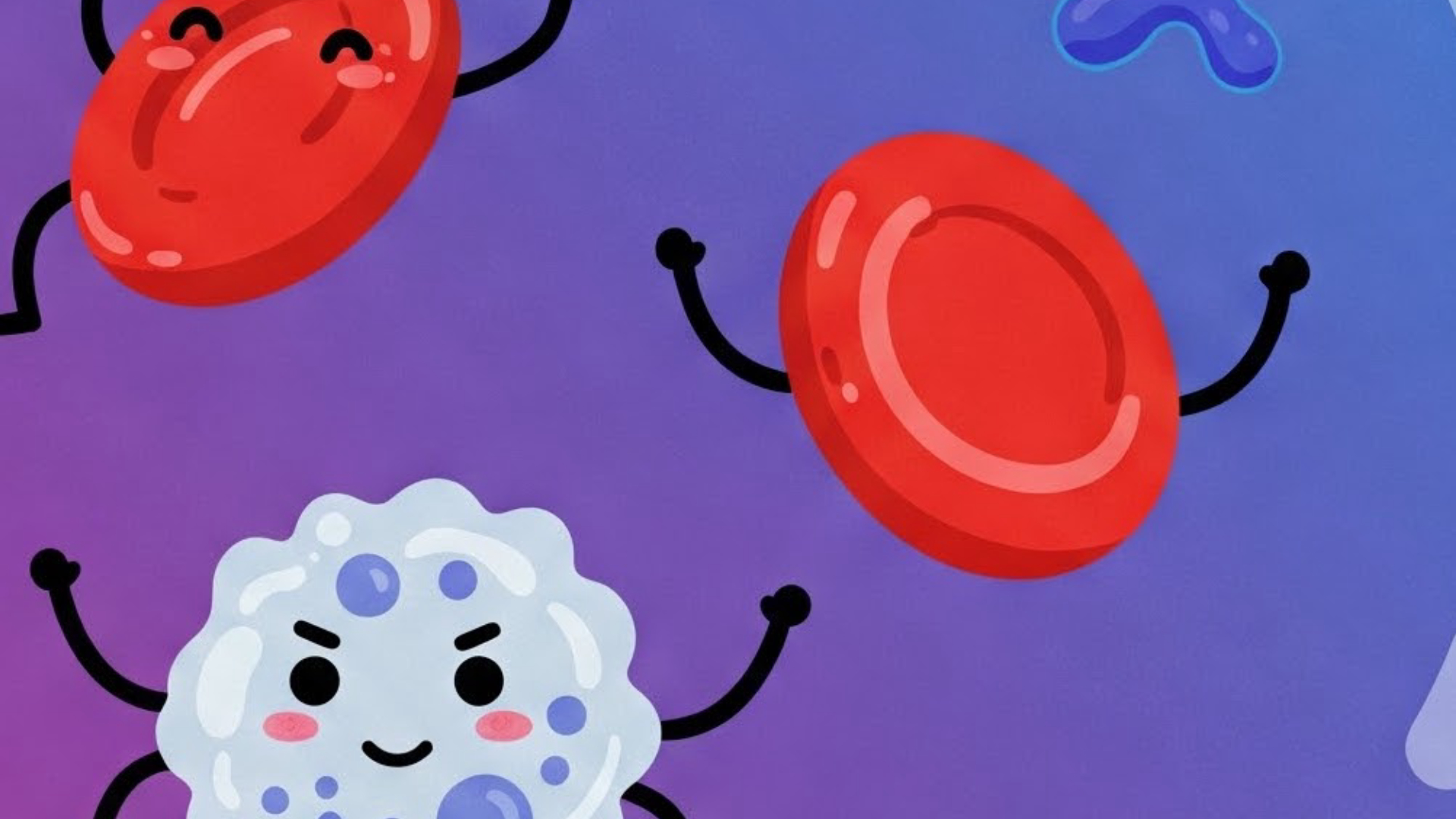
Complete Blood Count (CBC) with Differential and Platelets Blood Test
Helps detect infections, anemia, or other blood disorders that might contribute to tinnitus.
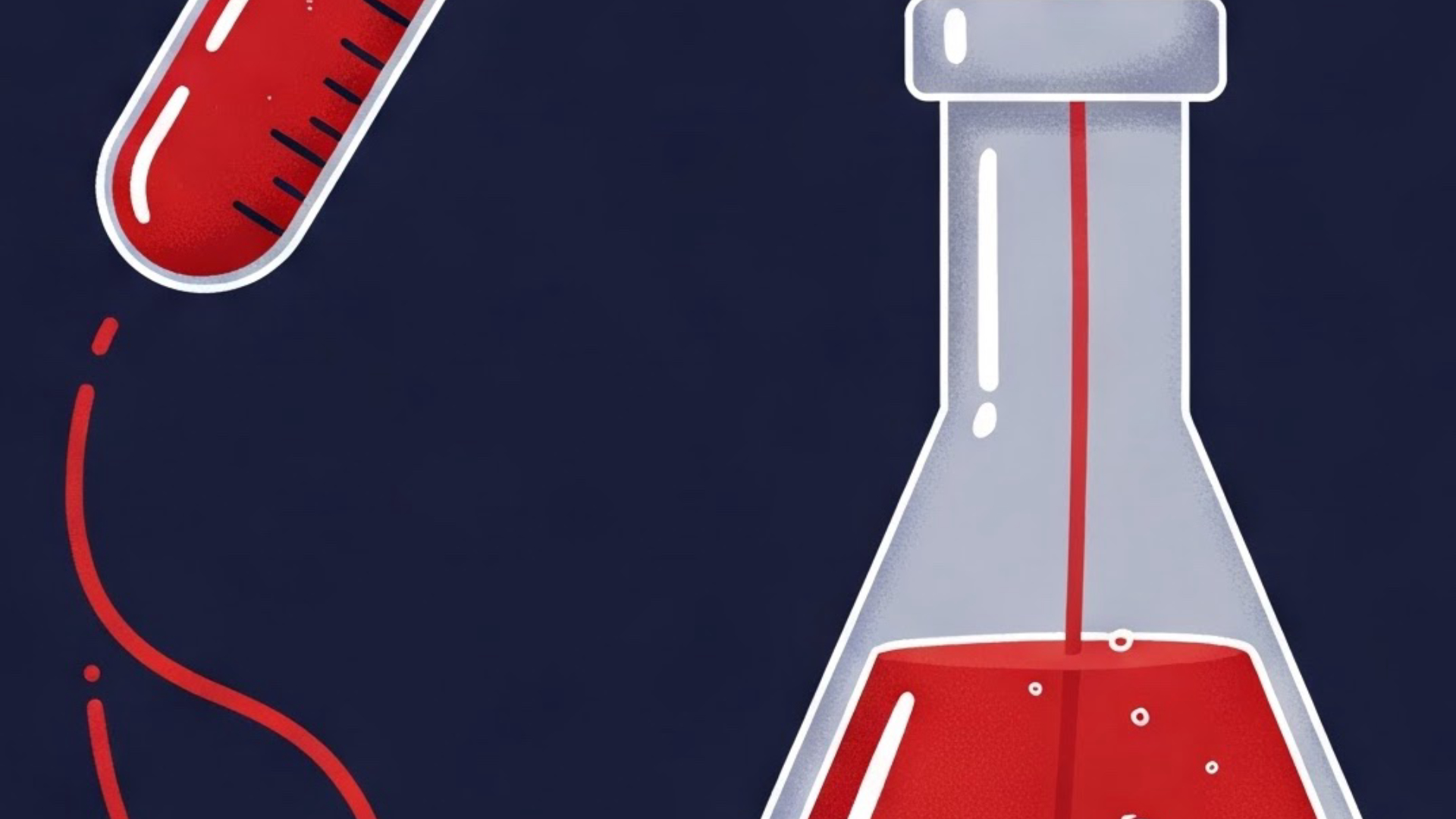
Read next
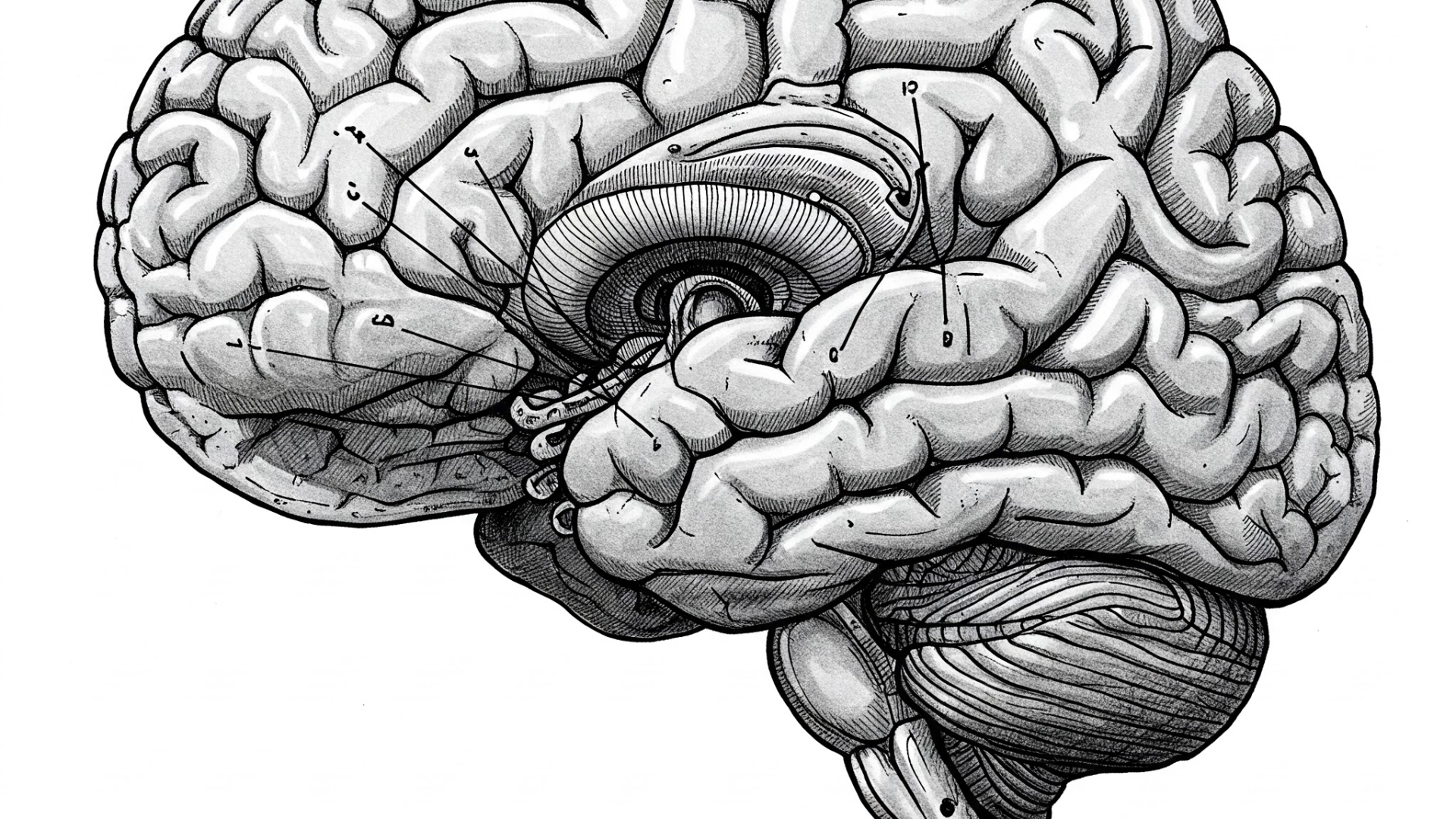 Written on 01/15/2025
Written on 01/15/2025How Does the Hardy-Weinberg Principle Calculate Allele and Genotype Frequencies in a Population?
Understanding the genetic makeup of populations is crucial in biology. The Hardy-Weinberg principle provides a mathematical framework to determine allele and genotype frequencies. Let’s break down how this principle works. Read more
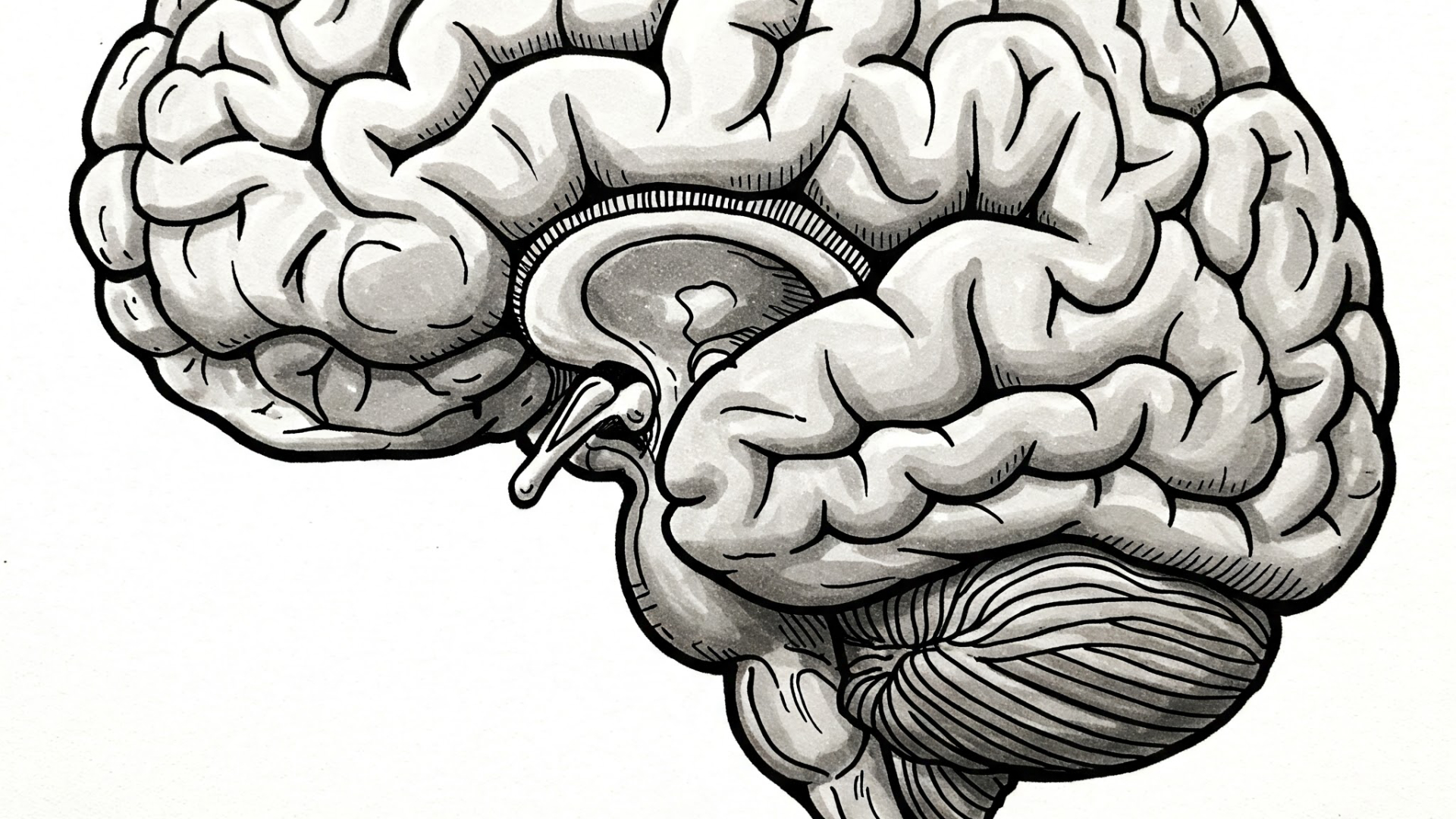 Written on 03/02/2025
Written on 03/02/2025What is Korsakoff Syndrome, its causes including thiamine deficiency and alcoholism, key symptoms like amnesia and confabulation, affected brain regions, diagnosis, and treatment with vitamin B1?
Ever wondered about a condition that intricately links memory, nutrition, and even excessive alcohol consumption? Let's dive into Korsakoff Syndrome, a fascinating yet serious neurological disorder. Read more
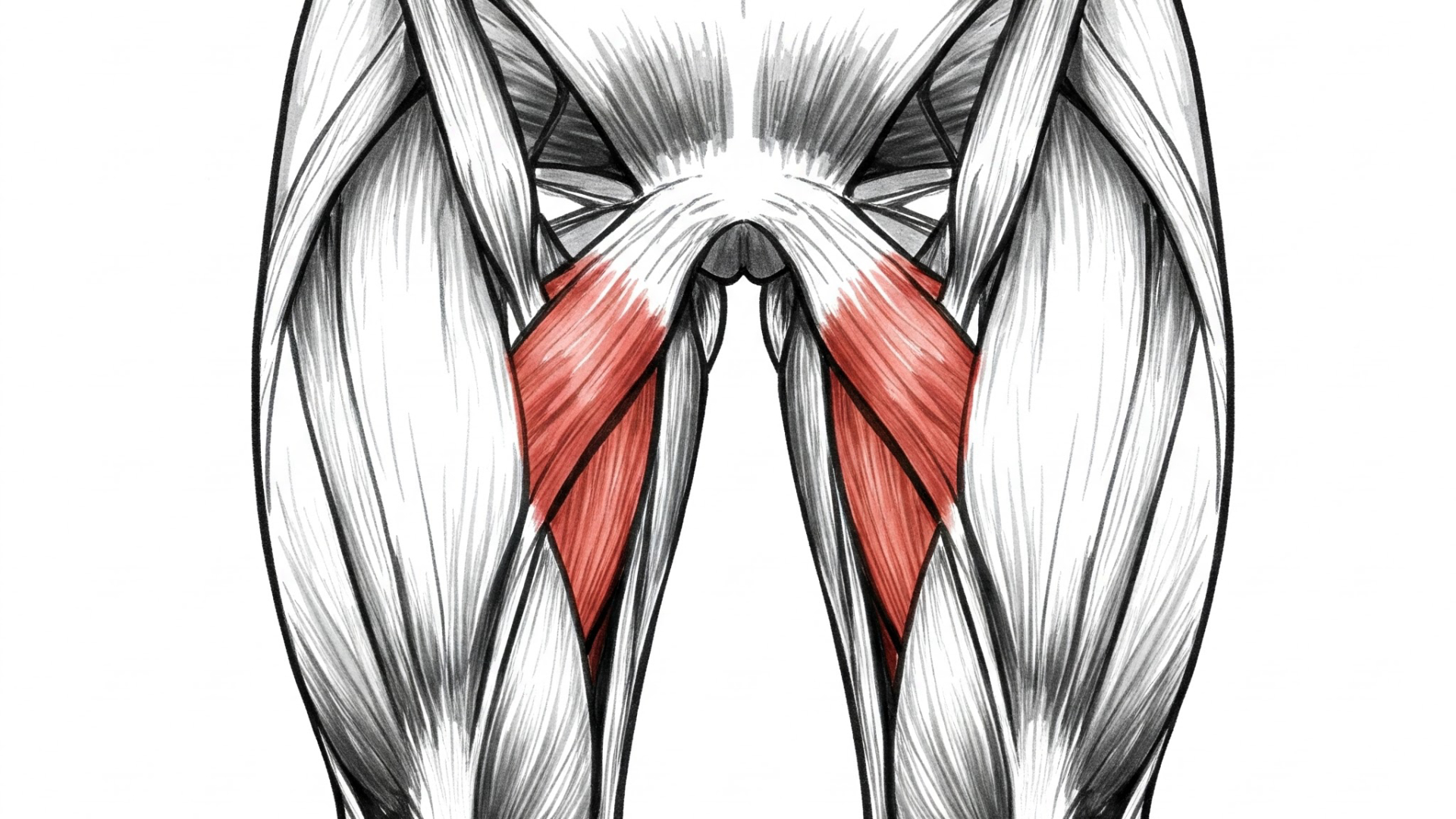 Written on 02/27/2025
Written on 02/27/2025How Do You Determine R vs S Configuration of a Chiral Carbon Based on Atomic Priority and Spatial Arrangement?
In organic chemistry, understanding the spatial arrangement of atoms in a molecule is crucial, especially when dealing with chiral molecules. Chiral carbons, those bonded to four different substituents, can have two non-superimposable mirror images called enantiomers. To distinguish between these enantiomers, we use the R/S system of absolute configuration. But how exactly do we determine if a chiral carbon is R or S? Read more
 Written on 02/22/2025
Written on 02/22/2025What Is Tinnitus? Causes and Treatment
Tinnitus is a perception of noise or ringing in the ears or head when there is no external source of sound. Read more

